British export: One billion Commonwealth citizens live under anti-gay laws
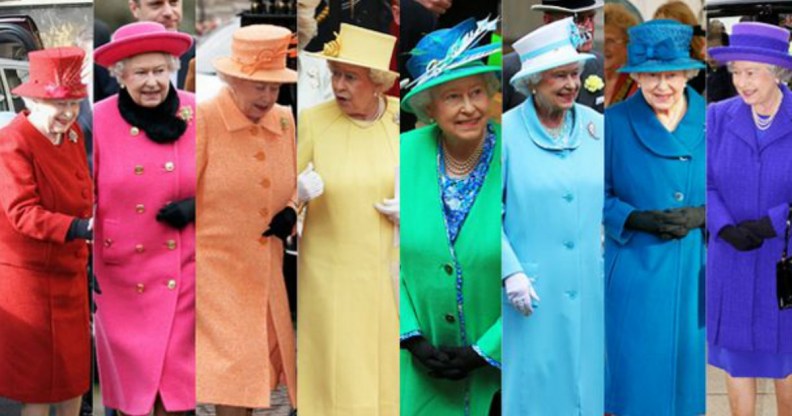
As royals, politicians and diplomats celebrate the 41st Commonwealth Day, 37 of the 53 countries in the Commonwealth continue to criminalise being gay.
British colonisers made laws outlawing homosexuality that reflected Britain’s own Victoria penal code in every country they went into.
But while British politicians have shunned the archaic laws, many of the Commonwealth countries still stick to them.
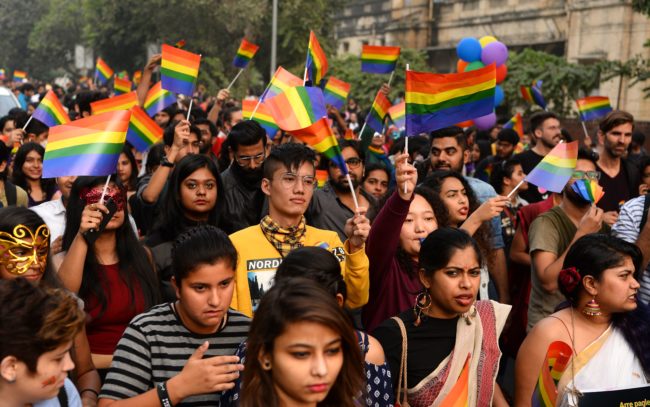
Indian members and supporters of the lesbian, gay, bisexual, transgender (LGBT) community (Photo SAJJAD HUSSAIN/AFP/Getty Images)
Those nations account for a third of the world’s population and a quarter of the world’s land mass – millions of gay and lesbian people oppressed by the law.
Today people from around the globe are celebrating the 41st Commonwealth Day, with the Queen and senior royals recognising and celebrating outstanding people from the Commonwealth billion as part of celebrations.
Meanwhile campaigners, led by human rights activist Peter Tatchell, will take to the streets outside parliament to protest the ongoing discrimination.
https://twitter.com/benjaminbutter/status/973183333256650752
Anti-gay laws originating in Britain aren’t an archaic part of history – they are an archaic part of the present.
From Barbados to Saint Lucia, Sri Lanka to Tonga, most member states continue to have oppressive rules on their LGBT citizens.
They include 10 years imprisonment and hard labour in Jamaica, 14 years in Kenya, 20 years plus flogging in Malaysia, and 25 years in Trinidad and Tobago.
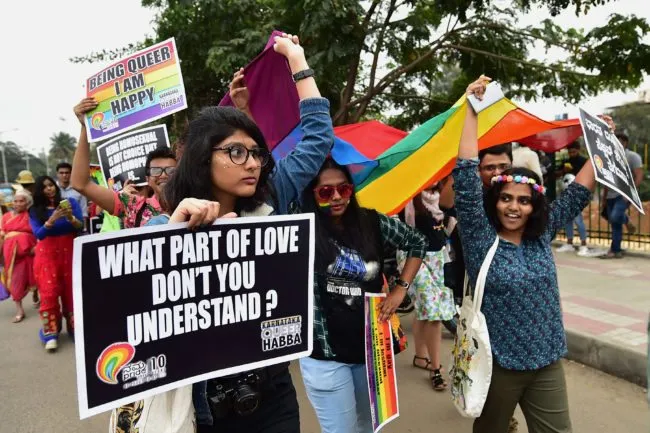
Indian LGBT rights activists take part in the Bengaluru Gay Pride March 2017 in Bangalore (Photo MANJUNATH KIRAN/AFP/Getty Images)
Bangladesh, Barbados, Guyana, Pakistan, Sierra Leone, Tanzania and Uganda have a maximum sentence of life imprisonment.
Homosexuality is punishable by death in member states Brunei and the northern part of Nigeria.
According to the 2007 Pew Global Attitudes Project, 97 percent of Nigerian residents believe that homosexuality is a way of life that society should not accept.
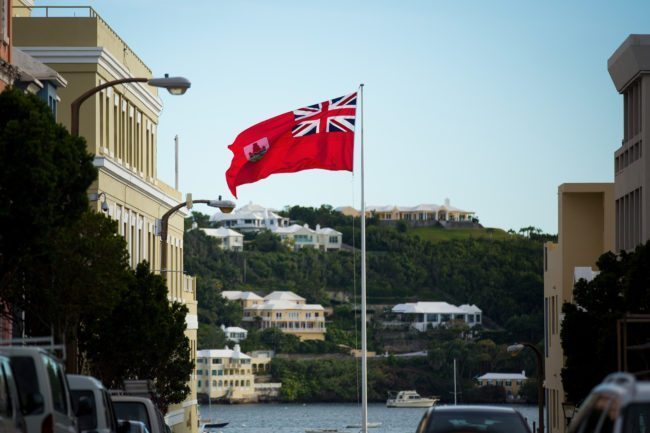
The flag of Bermuda flies (Getty)
Bermuda, a Commonwealth member state, recently became the very first country in the world to revoke same-sex marriage.
Despite uproar from LGBT activists and many Brits, foreign secretary Boris Johnson declined to use his power to stop the repeal.
India, the most populous nation in the Commonwealth, restored Colonial-era penal code outlawing homosexuality in 2013.
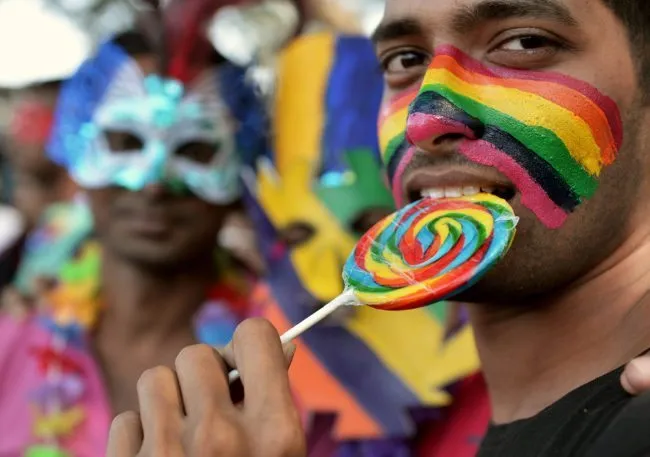
(Photo credit should read Manjunath Kiran/AFP/Getty Images)
The country’s Supreme Court is currently debating dropping the punitive ban on gay sex, which has seen gay men and HIV-positive people oppressed by authorities.
In Malawi, a spokesman for the People’s Party, one of the main political parties in Malawi, said gay people are “worse than dogs” and should be killed.
There is good news, too. The Gay and Lesbian Coalition of Kenya is currently pursuing a landmark court case for the decriminalisation of consensual same-sex sexual activity.
Sir Elton John has also given his backing to the battle for LGBT equality in Commonwealth countries.

Baroness Scotland, Secretary-General of the Commonwealth
The Commonwealth Secretary-General, Baroness Scotland, has said leaders need to build a “consensus” on the issue of LGBT human rights.
She said: “What we have to accept is that this [decriminalising homosexuality] is something that will depend on consensus.
“We do not have the right or opportunity to force states, but we can start a really good conversation to work with them so they understand the economic issues in relations to human rights and make the change.
“The one thing I have to do is to build consensus and trust and I can hope it will be on the Commonwealth Agenda.”
Despite flagging LGBT rights as one of her key concerns when first taking the influential post, she has since appeared to avoid the tough questions.
Meanwhile the royal family have undertaken a transformation in their approach to LGBT issues.
Prince William appeared on the cover of gay magazine Attitude to discuss tackling bullying and mental health challenges for LGBT young people.

Prince Harry and Meghan Markle (Photo by ADRIAN DENNIS/AFP/Getty Images)
He even met with members of a gay rugby team as he takes on a higher profile ahead of his wedding to actress Meghan Markle.
Former British PM David Cameron expressed his support for the Kaleidescope Trust, who campaign to overcome these anti-gay laws, saying: “It’s simply appalling how people can be treated — how their rights are trampled on and the prejudices and even the violence they suffer,” he said. “I want Britain to be a global beacon for reform”.
The UK government previously praised reform in Seychelles, after it agreed to push forward with plans to repeal the country’s British Colonial-era anti-gay law.
During the Queen’s reign, she’s signed away many anti-LGBT laws, including the introduction of same-sex marriage in England, Wales and Scotland.
Member states outlawing homosexuality include Cameroon, Ghana, Kenya, Swaziland, Tanzania, Uganda, Zambia, Bangladesh, India, Malaysia, Pakistan, Antigua and Barbuda, Grenada, Guyana, Saint Kitts and Nevis, Saint Lucia, Saint Vincent and the Grenadines, Papua New Guinea, the Solomon Islands, Malawi, Namibia, Sierra Leone, Singapore, Sri Lanka, Barbados, Dominica, Jamaica, Trinidad and Tobago, Kiribati and Tonga.

